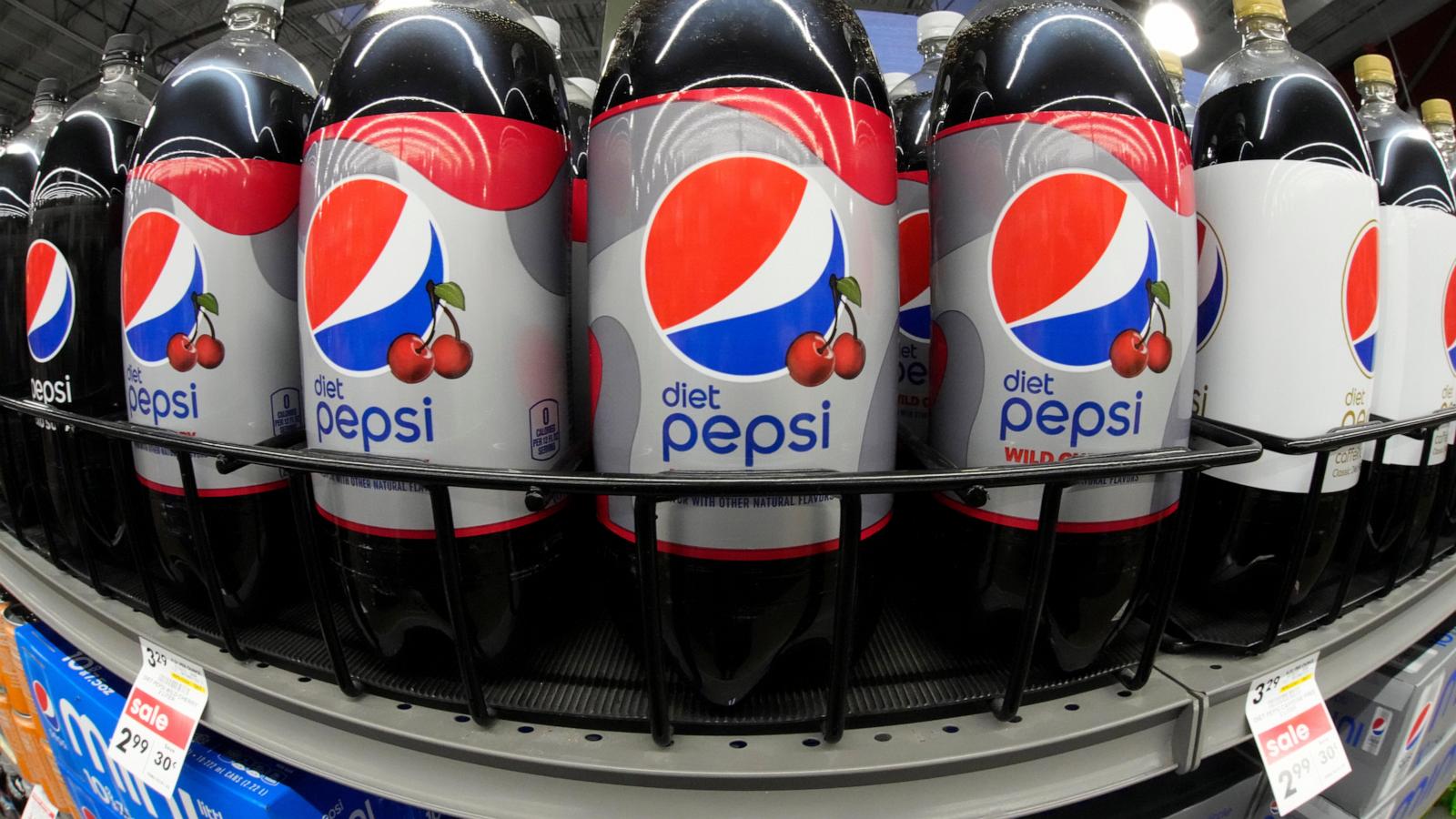FTC Sues PepsiCo for Anti-Competitive Pricing Practices: Walmart in the Crosshairs?
In a blockbuster lawsuit that's sending shockwaves through the beverage industry, the Federal Trade Commission (FTC) is taking on PepsiCo, alleging the company engaged in illegal price discrimination that favored one massive retailer at the expense of smaller businesses and, ultimately, American consumers. Is your favorite soda getting more expensive? The FTC thinks they've uncovered a shocking case of corporate maneuvering that may just be behind the rising prices. Let's dive into the details.
PepsiCo's Walmart Advantage: A Level Playing Field?
The FTC's lawsuit claims that PepsiCo implemented a strategy that provided significant price advantages to a particular big-box retailer, leaving smaller retailers and consumers to bear the burden. While the FTC's official statement doesn't name the beneficiary, industry insiders strongly suggest it was Walmart. The core issue centers around promotional payments. PepsiCo reportedly offered lucrative incentives to Walmart that it didn't extend to other grocers, independent stores, or even major supermarket chains. This act, according to the FTC, is a prime example of anti-competitive behavior. The result? Elevated prices for PepsiCo products outside of Walmart stores, essentially forcing many Americans to subsidize a hidden discount at Walmart.
The Robinson-Patman Act in the Spotlight
The FTC is using the rarely used but highly relevant Robinson-Patman Act of 1936 as the legal foundation for their case. This act explicitly prohibits companies from granting discounts or other promotional benefits to large clients that aren't extended to smaller counterparts. This move represents a significant intensification of government action to promote fairness and competition within the marketplace.
FTC's Antitrust Crusade: Protecting Consumers and Smaller Businesses
FTC Chair Lina Khan emphasized the lawsuit's significance in ensuring fair competition across all business sizes. In her official statement, Khan powerfully argued that PepsiCo's discriminatory practices were tilting the playing field against smaller competitors, which ultimately affects the prices Americans pay for essential goods. The FTC believes this practice not only hurts smaller businesses but also directly affects the wallets of average consumers. This enforcement action clearly sends a message that such actions will not be tolerated.
More than just PepsiCo: Setting a Precedent
This case against PepsiCo builds upon the FTC's previous action, a lawsuit filed just a month earlier against Southern Glazer's Wine and Spirits. That case echoes the current scenario, alleging that Southern Glazer's illegally discriminated in its dealings, favoring large retailers with generous discounts while ignoring the smaller players. The repetition of this legal action from the FTC shows a clear focus on cracking down on corporate behaviors that threaten smaller businesses and ultimately the everyday consumer.
Implications for the Market and Consumers: Will Prices Change?
The ramifications of this lawsuit are far-reaching. If the FTC is successful in its case, the decision will establish significant precedents. Companies could potentially face substantial changes in how they operate within the market, with a stricter adherence to equal pricing and promotional practices. This could directly translate to more equitable pricing at grocery stores and other retail locations, as well as providing a much-needed level playing field for smaller businesses. Consumers could see lower overall prices across the board. Whether PepsiCo's alleged discriminatory pricing is a systemic practice throughout the industry also remains to be seen.
Unraveling the Mysteries and Predicting the Outcome
The entire controversy raises pertinent questions. How widespread are such practices among big-name corporations? Could other giants face similar lawsuits in the near future? What strategies can businesses use to avoid violating these regulations while keeping costs low and competing fairly? These are crucial areas that legal experts will analyze in the coming weeks and months.
Take Away Points
- The FTC's lawsuit against PepsiCo marks a bold move against alleged price discrimination favoring large retailers.
- The core issue revolves around promotional payments given disproportionately to Walmart, allegedly at the expense of smaller retailers and consumers.
- The case hinges on the rarely enforced Robinson-Patman Act of 1936, highlighting an increased focus on fair competition within the marketplace.
- If successful, this lawsuit could set a major precedent, potentially influencing future corporate practices and retail pricing.
- Consumers and smaller businesses await the outcome with anticipation and a cautious sense of optimism.









